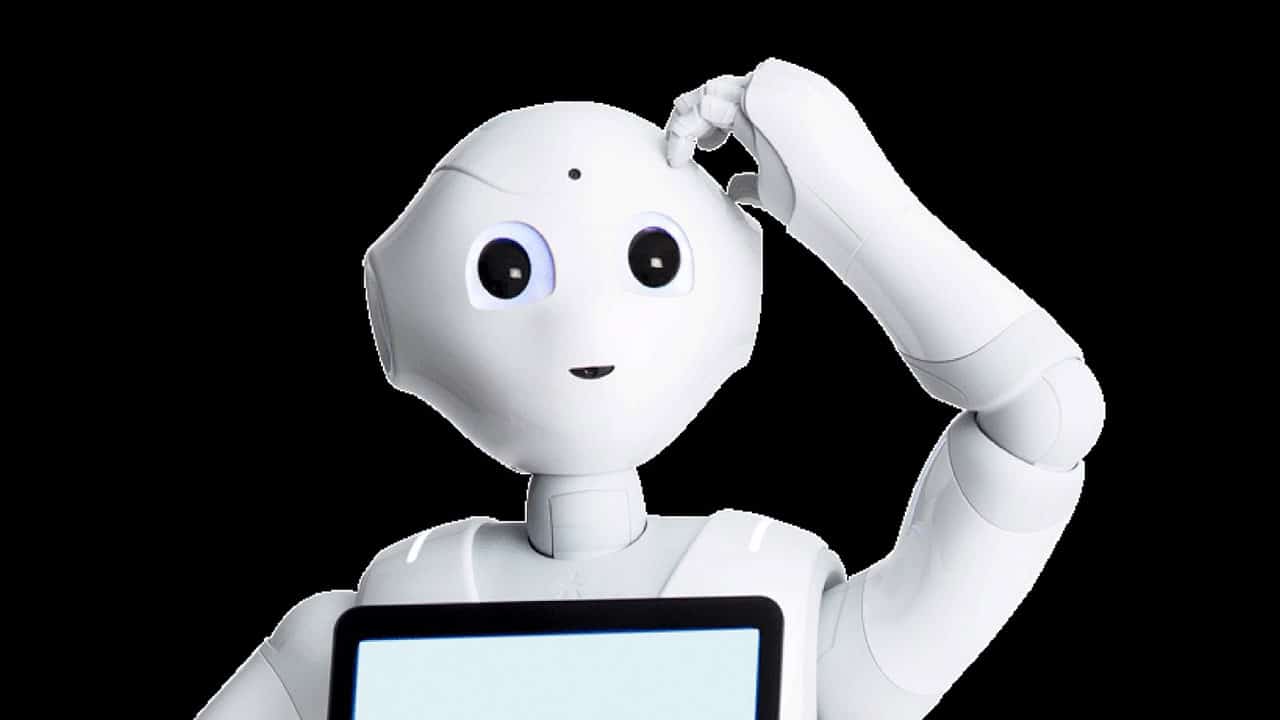Whether artificial intelligence and automation will replace the human workforce is a question currently sending shockwaves across industries.
With new applications transforming various sectors of the economy, current realities and future possibilities have revealed that AI will not replace humans. Instead, it will complement and augment existing jobs while also facilitating the creation of new ones. However, machine learning expert Santiago Valdarrama believes that although “AI will not replace you, a person using AI will”.
In its recent Future of Jobs Report, the World Economic Forum estimated that AI will replace up to 85 million jobs by 2025, the same report, and about 97 million new jobs are also expected to be created within the same time frame, thanks to the increased adoption of AI machines and automation.
“AI – Artificial intelligence will not replace us, but it will do the hard work for us,” said solutions architect Dom Sip.
“Our roles will become less hands-on with repeated tasks, and we will orchestrate and oversee how AI works. Someone might say “AI will definitely replace our jobs. There will be way fewer people needed to “oversee” the AI than people currently needed to complete the job. Yes, AI could shrink the job market, but only if the size of the economy remains the same and I know it will grow 10x as it did with steam engines and when computers took over the market in the 1990s. The same thing was said back then that steam engines or “smart” computers would replace jobs. However, today we know the opposite happened and there was an increase in work! It may sound strange, but testing, reviewing, correcting, and in general quality assurance will become the most important human task.”
A Deloitte study titled Cognitive technologies: The real opportunities for business published earlier this year concluded that AI applications fall into three broad categories; Product applications embed AI in a product or service to provide end-customer benefits; Process applications incorporate AI into an organization’s workflow to either automate processes or improve them by augmenting worker effectiveness; and Insight applications harness advanced analytical capabilities such as machine learning to uncover insights that can inform operational and strategic decisions across an organization.
Deloitte advises that leaders in all industries need to be thinking about whether, how, and where they should be investing in AI-based technologies. This means understanding the available AI technologies and then analyzing existing and potential business processes, staffing models, data assets, and markets to identify ways that AI can be used to improve quality, speed, and functionality, as well as to drive top-line revenue growth.




